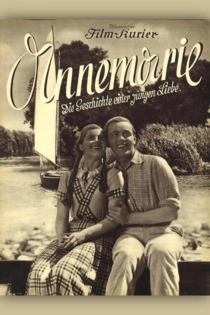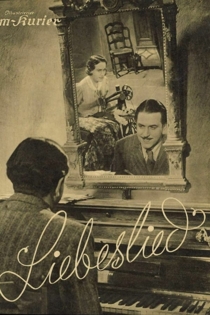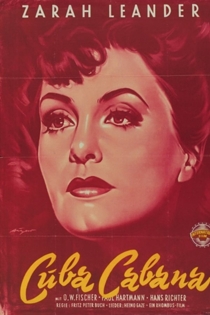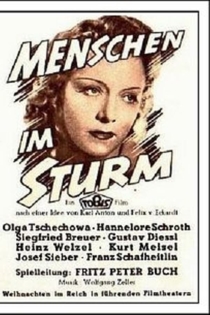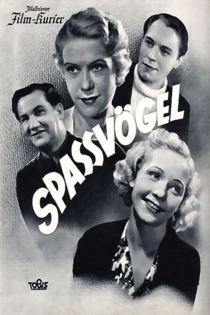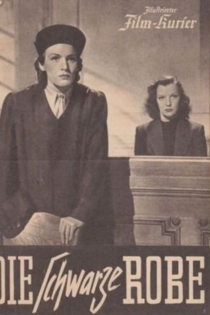
Fritz Peter Buch
1894 - 1964Das leichte Mädchen
Fritz Peter Buch
Willy Fritsch, Friedl Czepa
Dietz' relatives are horrified to discover that Dietz, the son of a wealthy merchant, is planning to marry an actress, who is known to appear in rather daring roles. Dietz finds a way to escape from a gathering over coffee, during which he's supposed to be introduced to "decent ladies". After all, his great love is waiting for him somewhere else.
Das leichte Mädchen

Der Fall Deruga
Fritz Peter Buch
Willy Birgel, Dagny Servaes
The physician Dr. Deruga is suspected of having poisoned his wife out of greed. She died after naming Deruga, poor and in debt, the sole heir in her will. There are a lot of people willing to testify against him in court, including Marta, the dead woman's best friend. Only his niece Mingo believes him to be innocent and goes out on her own to prove it.
Der Fall Deruga

Die Warschauer Zitadelle
Fritz Peter Buch
Lucie Höflich, Werner Hinz
Considering Germany's own treatment of Poland in 1939, it is ironic in the extreme that the 1938 German film Um Freiheit und Liebe (For Freedom and Love) is a celebration of Poland's declaration of independence from Russia. Werner Hinz plays Konrad, an idealistic Polish student who courts disaster for his loved ones through his constant harrangues against Russian impression. When his mother promises the authorities that Konrad will cease his protests, he is honor bound to obey her, no matter what the provocation. Drowning his disappointment in liquor, Konrad falls in love with nightclub singer Anna Sasotska (Viktoria von Ballasko). While he never achieves his political goals, Konrad at least finds happiness romantically. The climax of the film is particularly exciting, even though it is motivated by anti-Russian (and implicitly pro-Nazi) propaganda.
Die Warschauer Zitadelle

Annemarie. Die Geschichte einer jungen Liebe
Fritz Peter Buch
Gisela Uhlen, Paul Bildt
In Annemarie Brinkmann's small German village all the young men are recruited to the front in WWI. When her boyfriend Klaus Renken gets the call they spend their last romantic night together. Time goes by but one day when the pastor announces the names of the fallen villagers: Klaus is among them. Annemarie collapses while the congregation sings a funeral song.
Annemarie. Die Geschichte einer jungen Liebe
